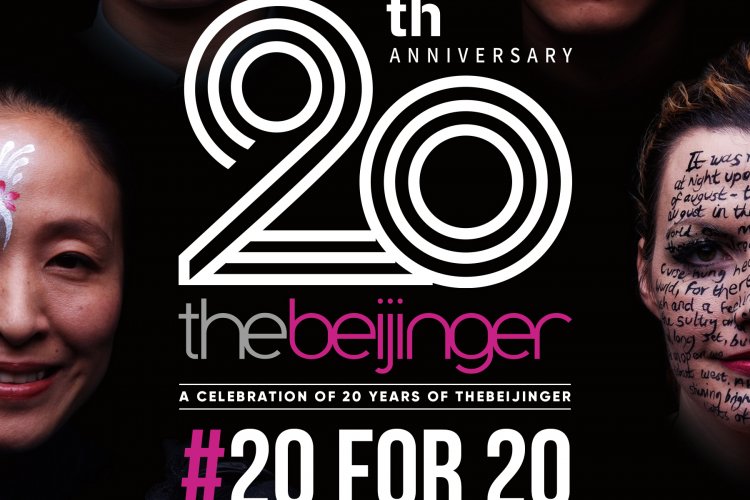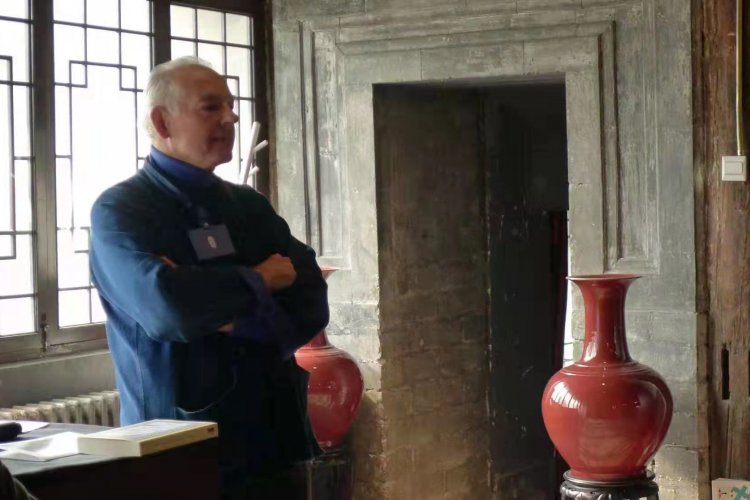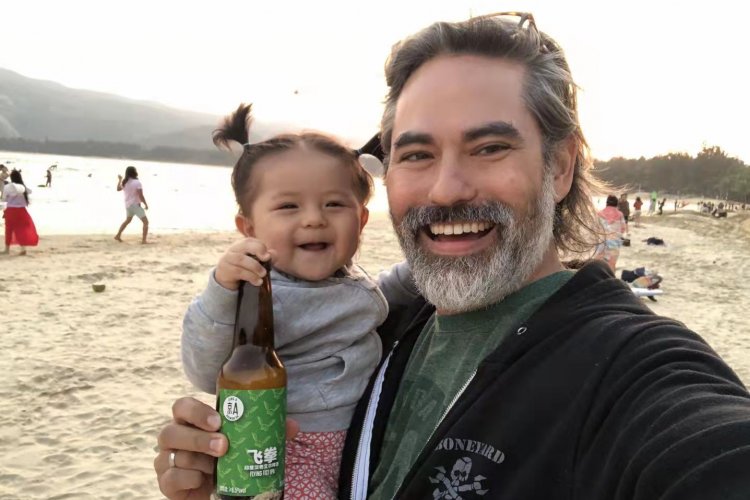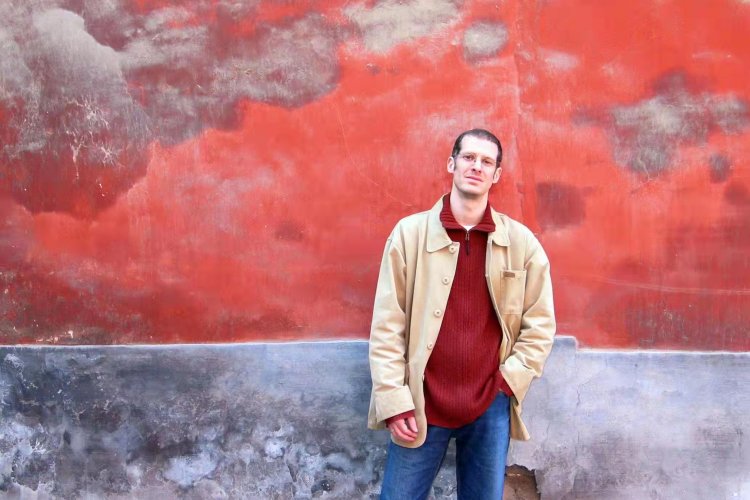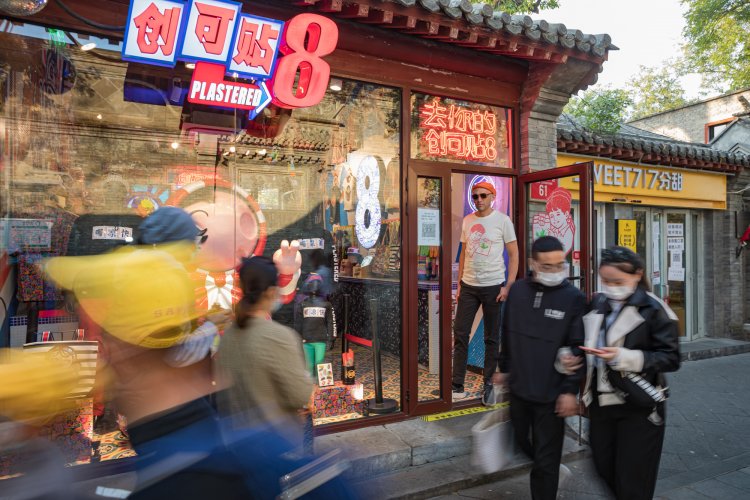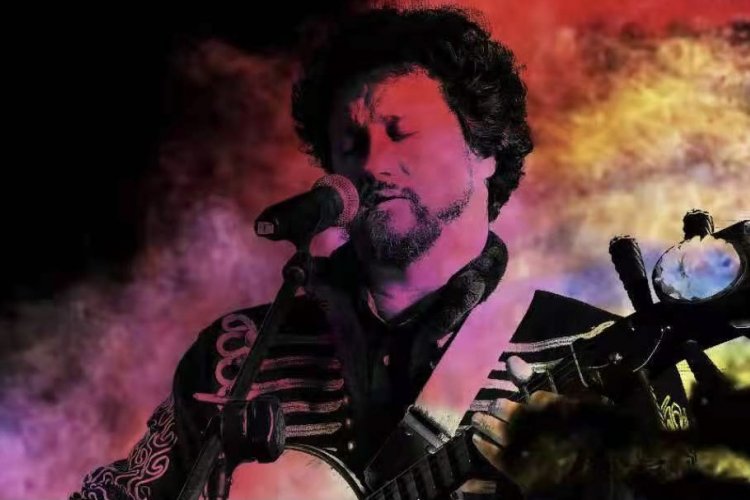20 for 20: Writer & Filmmaker Steven Schwankert
In 20 for 20, we profile 20 movers and shakers who, like The Beijinger, have called the capital home for 20 years or more.
American author and filmmaker Steven Schwankert – who some of you will recall was our Editor-in-Chief for a number of years – has called Beijing home since the ‘90s. His latest work – a documentary film on the only ethnic Chinese survivors of the Titanic – had its theatrical run earlier this year. While he is opinionated about Beijing in its current state, Schwankert still holds the capital, as well as other folks who call it home, close to his heart.

What brought you to Beijing, and when?
I arrived in Beijing on Apr 26, 1996, to serve as the managing editor of Beijing Scene, the original expat newspaper, and the publishing ancestor of the Beijinger. I had been hoping for and looking for some kind of journalism job in Beijing, and after I was offered the job at the Scene, I moved on three weeks’ notice.
What were some of your first impressions of the city?
Beijing was different then. Lots of bicycles, fewer cars. Accordion buses with attendants that sold tickets. Beyond the 3rd Ring Road was ... beyond. Taxis were just as scarce as they are now, but not nearly as rude. But you could go just about anywhere and do just about anything. It was a big city that seemed like an even bigger world.

Did you imagine at that time that you’d still be here 20 years later?
Most certainly. That was the plan. I didn’t understand people who didn’t plan to spend the rest of their lives in Beijing.
Tell us about one of your quintessential first experiences in the city.
The third or fourth night I was in Beijing, Cui Jian played a secret show – they were all secret then – at a place called the Sunflower Club, which was walking distance from where my office was. A band called Zi Yue opened up. It was amazing – Cui Jian and underground music was one of the main reasons I wanted to come to Beijing. A few days later, the club was shut down for having held the event. That really set the tone for my first 10 years or so in Beijing. That kind of thing happened fairly regularly.
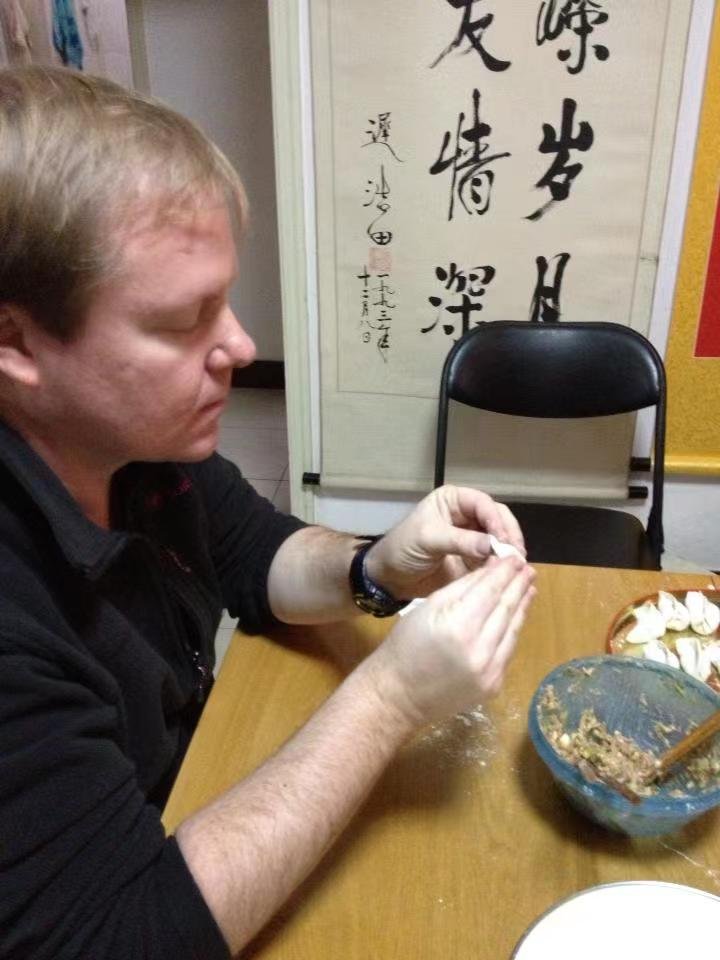
What’s changed the most since you first arrived?
Everything. I think the New Jersey Turnpike is now part of one of Beijing's ring roads. The city is enormous. Hutong hipsters who think they’re Marco Polo have ruined anything inside the Second Ring. If your mobile number doesn’t start with 13, and you don’t know what The Den was or where it was, we have nothing to talk about.
How you do think Beijing has changed you as a person?
I’ve learned two things living in Beijing: No good deed goes unpunished, and never tempt fate. Take those any way you like, but forget or violate them at your peril.
What are your main reasons why Beijing continues to be a draw for you to this day?
Life and work, really. Beijing and I fell out of love with each other a while ago, but we’re still close. It’s not the same. Beijing used to attract an amazing group of people from around the country and around the world, that’s no longer true. There are better cities in China now. But habits die hard. Beijingers are real people. Local food is pretty good. The climate is fairly favorable, except the summer.
Name your three favorite places in the city (aside from your home).
I’m still a big fan of the Confucius Temple and Yonghegong, although the area around it used to be much more enjoyable. The Local has been my local since Union Bar & Grille closed in Taikoo Li a number of years ago. And I like anywhere that people who have been here for 20 years or more are gathering – Beijing is about the people, not the place.

What’s one piece of advice you have for relatively recent arrivals?
Why are you here? Beijing is a bizarre choice for anyone arriving in 2021. That said, the city’s all yours, so do whatever it is you think you’re going to do here. It’s 1996 all over again.
Are you still doing what you came here to do, 20 years ago?
Nah. Different city, different world. But there’s still plenty to do.
READ: 20 for 20: Soccer Enthusiast & Embassy Coordinator Abdinasir Ahmed
Images courtesy of Steven Schwankert, Amy Jiang, Rick O'Shea, and Nick Otto.


